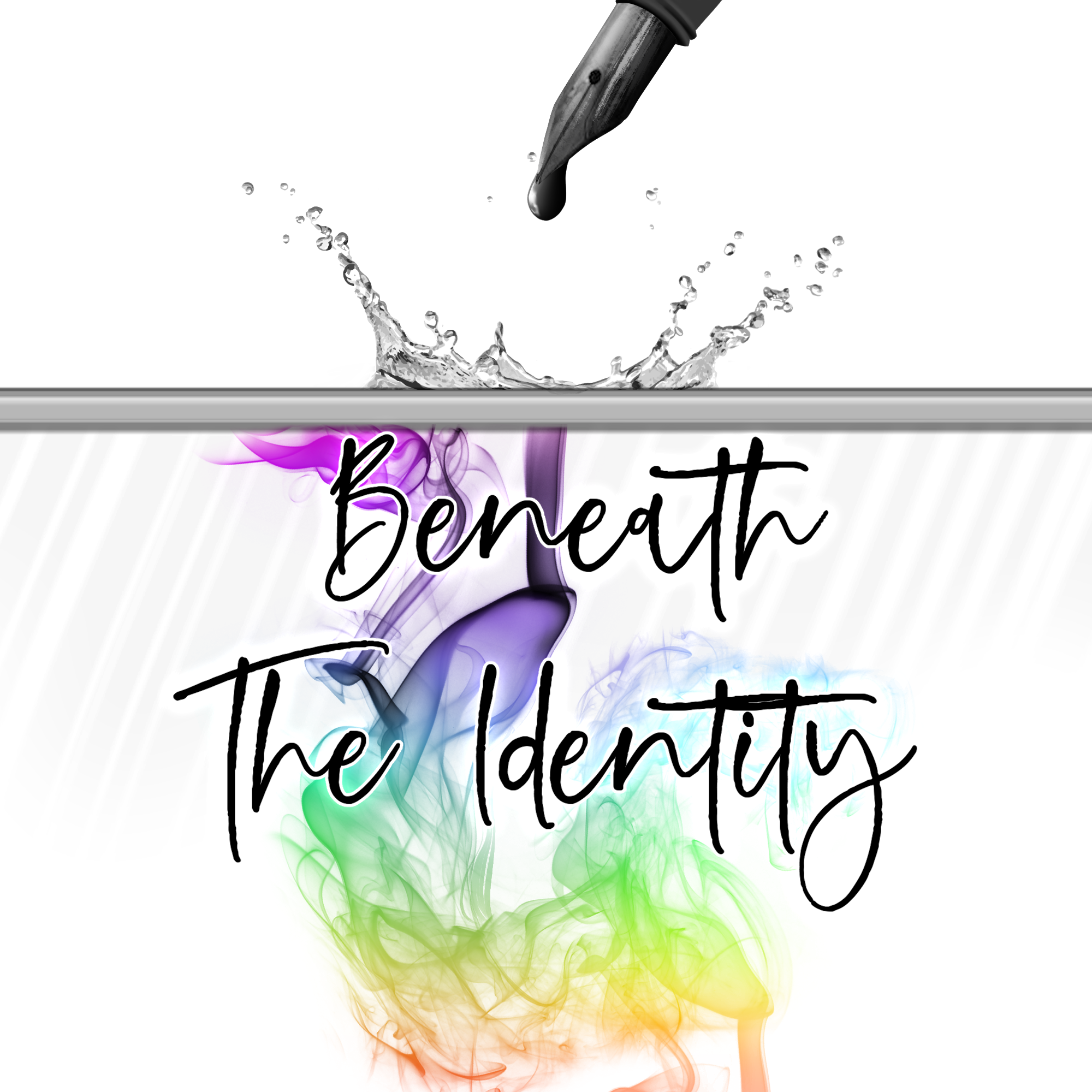I feel like it’s important to begin this by saying I don’t feel wholly “female” or “male” (my gender identity falls on the gender spectrum). I know I’ve said it numerous times on here, but it relates, so please bear with me.
Recently I attended a few events, and at the first one I noticed everyone in front of me had to be pat down before they were allowed to enter. Makes sense. Not wanting to make anything difficult for anyone, I took everything extra out of my pockets. But when I got to the front of the line, security let me in after checking my bag. I was confused, so I asked one of my friends. She told me, “they only pat down guys.”
I repeatedly ask myself, why? Why was I not pat down as well? Why is it only males? Why was I perceived as female? If this is a binary construction, what happens for individuals who fall outside of the binary?
I was bothered by this. There was an assumption made and I didn’t know if it was a stereotype or not. I decided to ask Anastacia Kurylo from The Communicated Stereotype, because I wanted to make sure I wasn’t misreading the situation.
The problem I faced was partly caused by the assumption that all men are aggressive and should therefore be checked prior to entry to make sure none of them are bringing a weapon into a particular venue. However, the assumption is also made that no woman would even be able to fathom harming another human being. This leads to the situation I was in, where only those perceived as male were pat down due to the stereotype that only those people are a threat to others.
Had it been an issue of security only being permitted to pat down people of the same gender, it might be a bit of a different situation. But that wasn’t the case here. There were only female (perceived, I know) security guards patting down only individuals perceived as male. Even if the case had been males patting down males, would that be more appropriate? Who’s to say they are all heterosexual? If there were to be any sort of violence or harassment there, gender wouldn’t necessarily stop or change it.
There could be benefit to patting down people randomly, such as by patting down every fifth person who enters. This could eliminate gender bias and create a situation where anyone has the ability to be that fifth person. However, no one would know what this random system is, which could lead to it being broken because of personal bias. If a security guard perceives someone as a threat, they may pat them down even though they could be the third person. There could be bias in the security guard’s perception of that person, which could lead to a similar situation to the one we have now where only a certain group of people is subject to scrutiny.
So what can we do if we want to break this if we can’t do it randomly or based upon gender?
1) Pat down everyone.
2) Pat down no one.
If you have any alternative suggestions or comments, please feel free to share!

